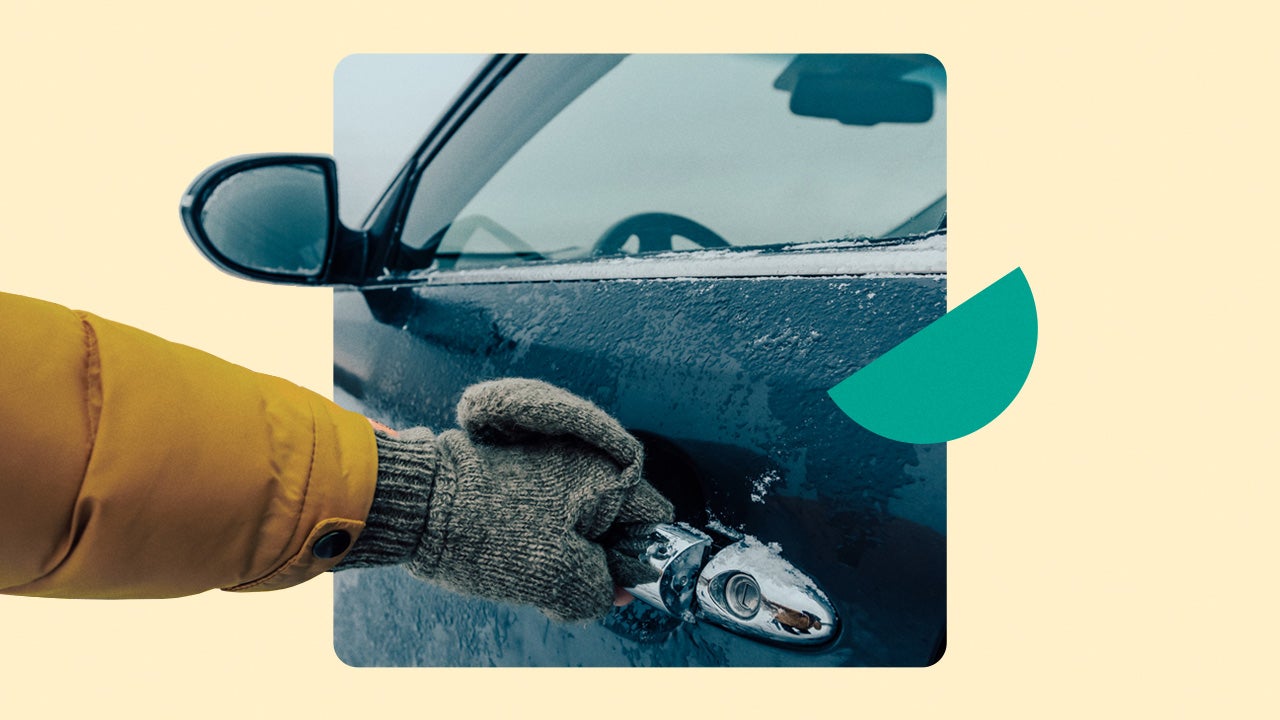How to prepare your car for summer travel

Before putting your vacation spot into Google Maps, settling in the driver’s seat and queuing up your music, it is important to make sure your car is ready. On average, drivers clock a whopping 13,476 miles per year, according to the Federal Highway Administration. And the higher your odometer, the more likely your vehicle needs some extra care and attention before a road trip.
Consider the following steps to ensure that you and your passengers have a safe summer road trip.
Inspect your tires
Your tires connect you to the road beneath you and undergo serious wear and tear. Before hitting the road, check your tires. Test the pressure on all four tires, including your spare, in case you need it.
Look out for any uneven wear on the tires. If some seem more damaged, it’s a good idea to get a tire alignment. Getting regular tire rotations helps prevent uneven wear, so even if your tires look good, consider rotating them before your trip.
Check your brakes
If you notice any strange sounds when stopping your vehicle abruptly, there may be an issue with your brake pads. With a long drive in your future, you want fully functioning brakes.
Take your car to a professional to ensure that your brake pads aren’t too worn and that you have enough brake fluid. Replacing your brake pads can cost as much as $300.
Test vehicle battery
Even without a road trip in the future, it is smart to ensure your battery is in good condition. Just like the batteries in your TV remote, car batteries degrade over time. Asking strangers to jump-start your car is a frustrating way to spend your vacation. You can test your vehicle battery on your own with the help of a multimeter or a professional at an auto service shop.
Check engine oil and fluids
One of the most basic steps to take before your trip is to ensure all fluids are topped up. Checking the engine oil, coolant, power steering, transmission fluids, brake fluid and even the windshield washer fluid. You can do this yourself or let the pros handle it when you go in for an oil change.
Take in the vehicle for a detail
While it may feel counterintuitive to get your vehicle squeaky clean before hitting the road, a clean car is safer. An exterior clean will ensure your windshield is easy to see through. And an interior scrub will make the long ride more comfortable for your passengers.
Replace windshield wipers
Summertime is known for unexpected rainstorms and you’re likely to run into some rainy weather on your drive. So it’s important to replace your wipers if you notice streaks left on your windshield or if there is a loud squeaking sound. Even minor issues with your wipers can put you and your passengers at risk.
Road-tripping in a leased car
Setting out on your summer adventure in a leased car requires some extra consideration than it would in a vehicle that you have complete ownership over. Leased vehicles carry restrictions on the number of miles you can clock. This number will be outlined in your lease agreement. Most have annual limits of 10,000, 12,000 or 15,000, with additional miles costing up to 30 cents each.
If you choose to road trip in a leased vehicle, plan out your miles ahead of time. Consider opting for a shorter, more direct path and skipping the scenic route.
And remember, leased vehicles must be returned in good condition to avoid high wear-and-tear fees. Keep your vehicle clean throughout the drive.
Is it cheaper to road trip in a rental car?
If you want to avoid your leased car’s mileage penalties or putting wear on a car you own, renting one can be the perfect solution. And you’ll be able to skip the prep steps listed above. While there is no perfect formula for determining if renting will cost less, consider a few primary cost differences.
- Gas mileage. If your current car gets awful gas mileage, renting a more eco-friendly car can save money at the pump.
- Vehicle insurance. Insuring your rental car adds to the cost of renting it in the first place. Consider how this will affect the amount you spend.
- Depreciation. When you own a car, more miles means increased depreciation. And that can hurt future resale value.
- Potential for repairs. When renting a vehicle, you can avoid repair costs if you’re not at fault. Any breakdowns or maintenance needs you have while driving a car you own are on you. If you know your current ride is unreliable, renting could prevent headaches on the road.
Preparation is the key to safe summer travel
Summer road trips are a fun way to save money and spend time exploring. But to ensure that you enjoy your vacation time without hitches, you must get your vehicle in tip-top shape before hitting the open road.






